Photographs: Reuters Pradeesh Chandran in Bengaluru
The steep fall of the Rupee is not just making things scary for the Indian economy and economists.
It seems to have a silver lining too, but in a narrow sense.
The depreciation of the Rupee is creating a windfall for families of expatriates, especially those in West Asia.
According to foreign exchange service providers and, migration and economic experts, the rate of the remittance to India from West Asia have gone up around 25 per cent.
Most of them say that Kerala is the only state in India which is smiling at a time when many an industry is in tears.
. . .
Rupee fall spells windfall for Kerala
Pradeep P, senior manager and head Forex at the UAE Exchange, a forex provider with a strong presence in the UAE and West Asia, said, "The rate at which the Rupee value is falling, we are seeing more foreign exchange transactions to accounts in Kerala.
"The day the Rupee touched Rs 52.20 against the Dollar, the transactions hits their peak. The day the Rupee hit a low of around Rs 14.19 against the UAE Dirham, we also witnessed an increase in transaction."
The Indian migrants to West Asia believe this as the best opportunity to send money to their loved ones back home.
. . .
Rupee fall spells windfall for Kerala
They also hope that the fall in the Rupee value will continue and can send more money with the same exchange commission.
"We are able to send more money in Rupee terms to India. As the crises in the some of the Gulf countries continue and as political situation is still fragile, we were sending the money.
"The Rupee's fall is a blessing in disguise for expatriate like us who are striving hard here to make a living," said Shafeeq Aboobacker who is working in a petrochemical company.
A spokesperson for the United Arab Emirates-based foreign exchange firm also said, majority of employees working in the gulf regions from Kerala are blue collar employees and they are evening borrowing money and also loans from various sources here to send money abroad.
. . .
Rupee fall spells windfall for Kerala
Image: An artist takes part in a press preview for the Republic Day parade in New Delhi.Photographs: Tanushree Punwani/Reuters
"We saw a 20 per cent more in the recent weeks mainly because wealthy Indians have taken advantage of the situation to transfer their huge savings," he said.
A recent survey report done by the Centre for Development Studies, says there are around 220,000 migrants in the gulf region from Kerala.
It also says that annually Kerala gets almost Rs 50,000 crore (Rs 500 billion) as remittances from the West Asian region.
Keralites makeup around 50 per cent of the expatriates from India to the Gulf region.
According to statistics, Kerala's Gross State Domestic Product for the year 2009-10 was around Rs 1.81 lakh crore (Rs 1.81 trillion) on constant prices and the remittances annually Kerala gets is almost Rs 50,000 crore (Rs 500 billion) from the West Asian region.
. . .
Rupee fall spells windfall for Kerala
"Kerala's economic activities are directly connected to the remittances. Keralites account about 50 per cent of the expatriate population in the Gulf region from India.
"The global turmoil and the downtrend in the country's economy, along with high inflation, rising oil prices and lower investments by foreign institutional investors are some factors that's affecting the rupee.
"Rupee depreciation makes NRIs happy and the Rupee appreciation makes our NRIs sad," said B A Prakash, the former head of economics department, University of Kerala, and the present Chairman of the Food Security Task Force in Kerala.
. . .
Rupee fall spells windfall for Kerala
A report from the migration study by a body in Kerala also says that 88 per cent of the expatriates are based in the Gulf region, and 7 per cent are in the US and UK, and around 5 per cent in the rest of the world.
The reason for such a huge inflow from West Asia is that most of them are there for their livelihood and the countries there do not allow them to settle there, said Prakash, who has done a study on migration.
On the other hand, those going to North America or Europe go there in the hope of settling down there and hence do not feel the need to repatriate huge amounts of money.

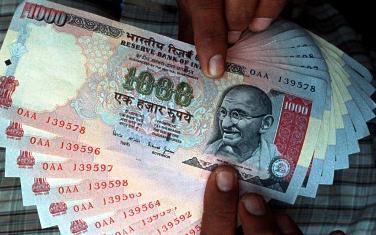
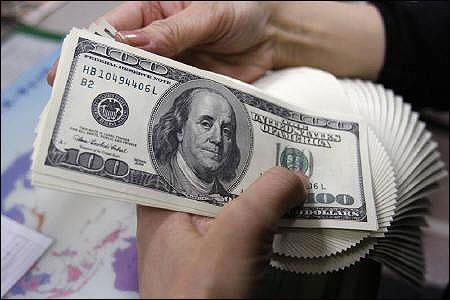
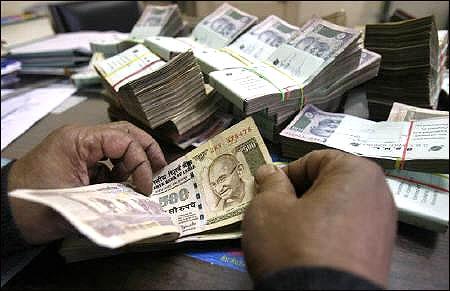

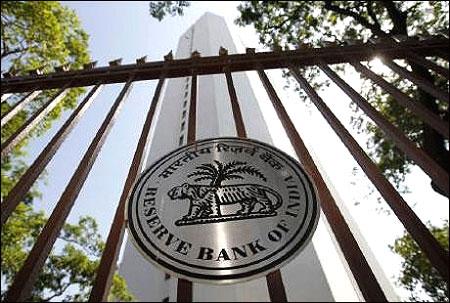
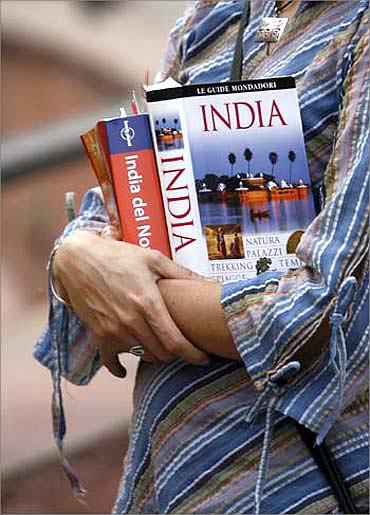

article